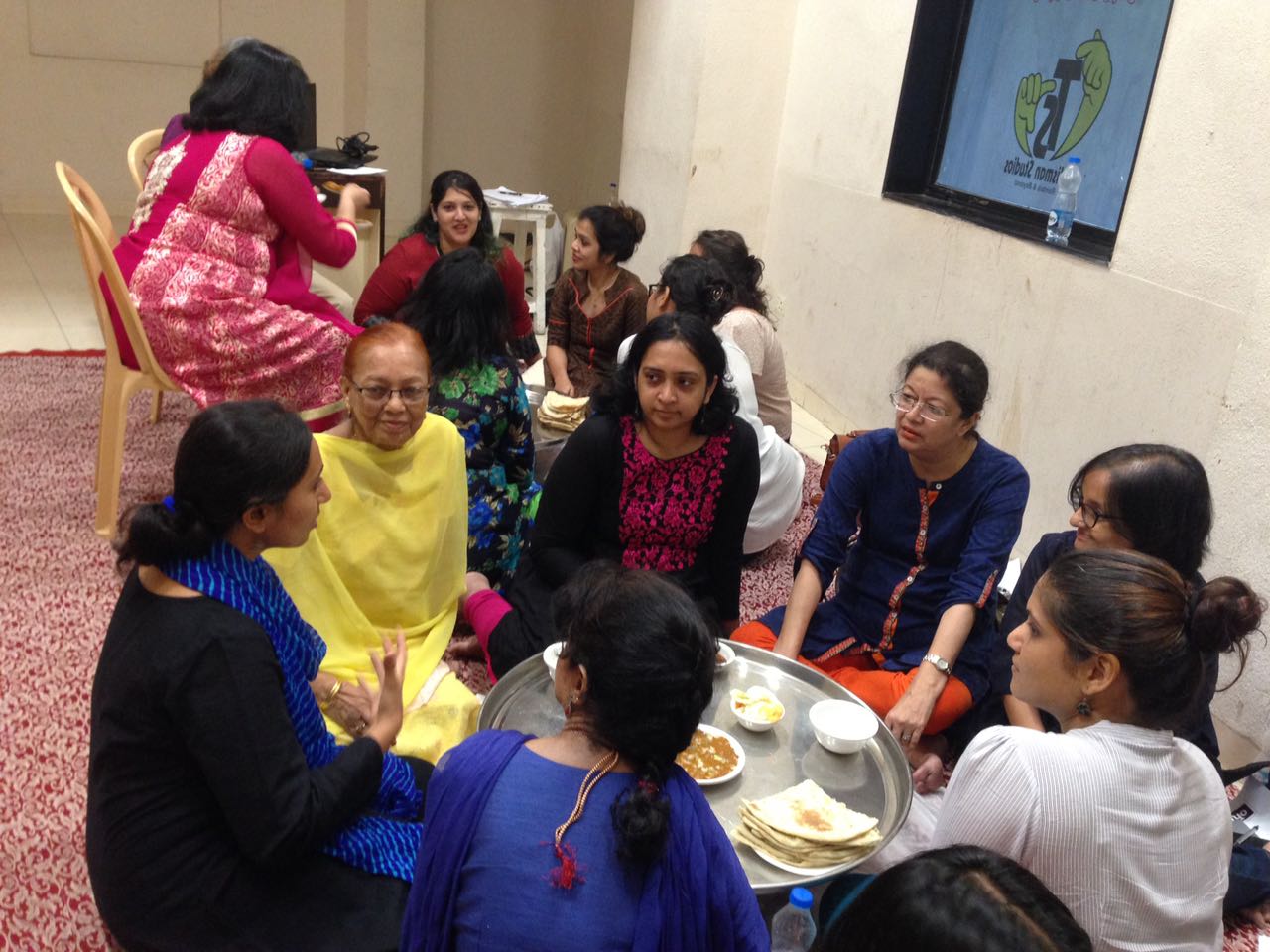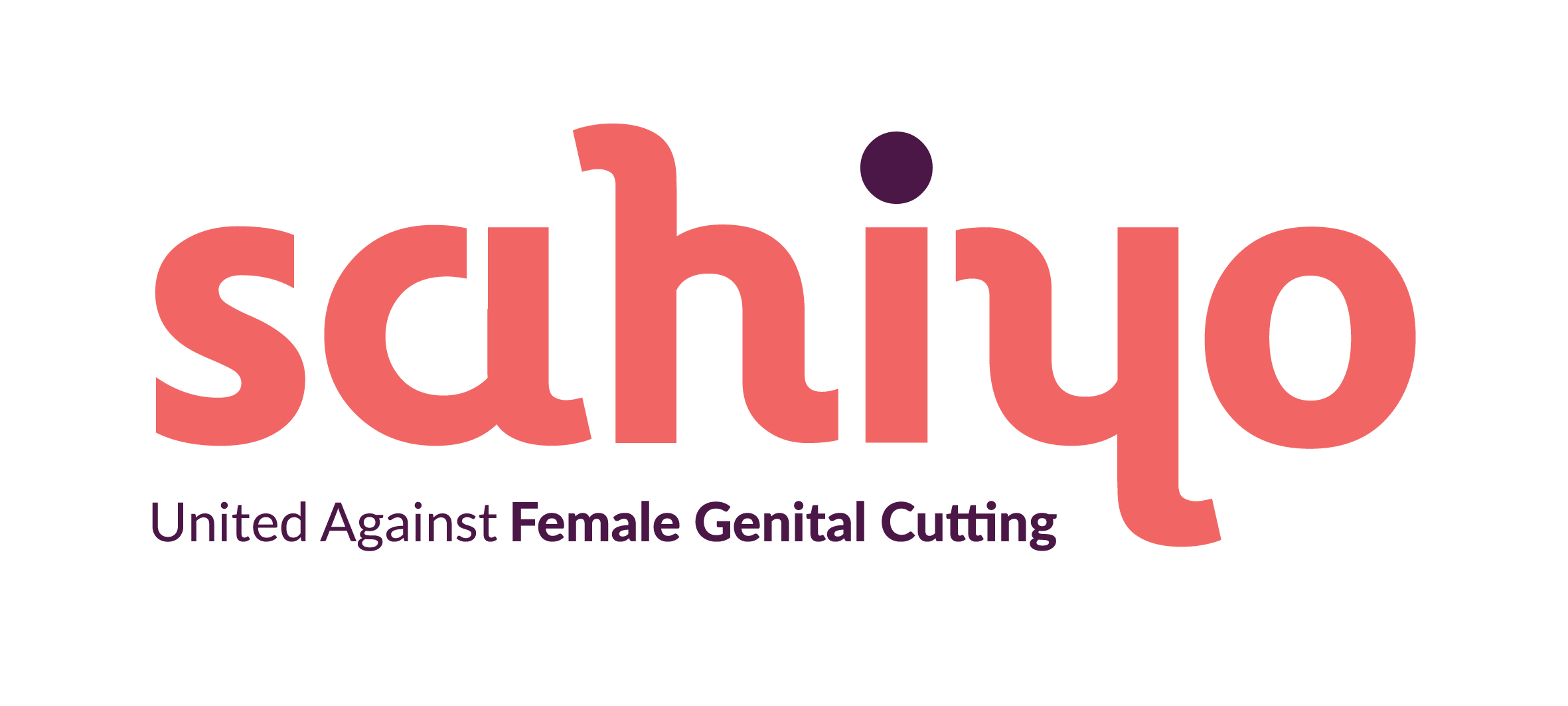by Aarefa Johari and Aysha Mahmood
(Read the Malayalam version of this report here.)
The practice of Female Genital Cutting (FGC) in India has so far been associated only with the Dawoodi Bohra community and other smaller Bohra sub-sects. However, a recent investigation by Sahiyo found that FGC – the ritual of cutting parts of the female genitalia – is also being practiced by some other communities in at least one part of Kerala.
During an investigation in February, Sahiyo found a medical clinic in Kozhikode (Calicut) where two doctors admitted that they perform the procedure of “sunnath”, or circumcision, on both boys and girls. They claimed that women from several local Muslim sects are increasingly coming to their clinic to have sunnath performed for themselves, their daughters and even their daughters-in-law.
The doctors said that in the female circumcision ritual, they cut the prepuce of the clitoris, also known as the clitoral hood, because it is allegedly “good for married life”. They also mentioned that “some husbands insist on it”. The doctors claimed that this ritual is also practiced in Saudi Arabia, Egypt and Africa, but denied that it could be harmful.
However, the sunnath ritual described by the Kozhikode doctors falls within the World Health Organisation’s definition of Female Genital Mutilation/Cutting (FGM/C), which is internationally recognised as a violation of human rights and a form of discrimination against women. WHO defines FGM/C as “all procedures that involve partial or total removal of the external female genitalia, or other injury to the female genital organs for non-medical reasons”.
WHO has classified FGM/C into four types, based on degrees of severity. The least severe – and most common – is Type 1, which involves partial or total removal of the clitoris or the clitoral hood. (Read about the other Types of FGM/C here.)
Female Genital Cutting in Kerala
Sahiyo’s investigation in Kerala was based on a tip-off from a resident of the state who had come across discussions about sunnath on females in some online Malayalam forums. The resident claimed that the practice is typically performed by an “ozathy” or a traditional cutter without medical training, but is also being done by some doctors in the Malabar region.
When Sahiyo spoke to gynaecologists in prominent hospitals in Kozhikode and Malapuram, they stated they were unaware of the practice and were firmly opposed to it. However, one small clinic in Kozhikode, run by a doctor known for performing male circumcisions, candidly admitted practicing sunnath on girls as well.
For the investigation, the Sahiyo reporter posed as woman who needed to make inquiries about female sunnath because her fiancé’s mother wanted her to be circumcised before marriage. When asked if she performs female sunnath, the lady doctor at the clinic said, “yes, we do it”. She said that the practice involved “cutting the foreskin of the clitoris” to increase sexual pleasure, and that it is “good for married life”.
The lady doctor claimed that the practice was now growing popular among Muslim women from “many sects” in Kerala, and that she performed it for girls and women of “any age”. For very young girls, she said, the procedure is sometimes performed by the male doctor who runs the clinic. The doctors apply local anaesthesia before the cutting, and they claim the wound takes five days to heal.
“It is better to do it when the girl is a baby,” the lady doctor said. “But these days a lot of women prefer to get it done for themselves immediately after delivering their baby, when they’re also getting other stitches to their vagina. That way they have to deal with two pains in one go.” According to the doctors, some women also ask for sunnath after delivery because “delivery lessens sexual pleasure and the sunnath helps enhance it”.
The lady doctor also offers pre- and post-marriage counselling at the clinic, and she claimed that she recommends sunnath for women during such counselling to allegedly improve their sex lives. “Once their sex life is better, their marriage will also be happy,” she said.
When Sahiyo asked whether the practice is compulsory for Muslim women, the doctor said, “It is not compulsory, but if your mother-in-law has told you to do it, then it is compulsory for you, you have to get it done.”
The male doctor at the clinic claimed that the practice is mentioned in “four or five Hadiths”, or Islamic texts containing the teachings of the Prophet. “You should read up about it, this is also done in Saudi, Egypt and Africa,” he said. The doctor denied any knowledge of the fact that this practice is controversial or that some African communities cut more than just the clitoris. “There is no controversy, very little is cut,” he said.
Despite this, the clinic’s website mentions only male circumcision in the list of services it offers, and makes no mention of female circumcision. The practice is secretive, the doctors said, because it is a “female issue”, and the religious taboos associated with “all things female” prevent people from talking about it. However, the doctors asked the Sahiyo reporters to “spread the word” among friends that they perform sunnath for girls.
It is unclear how widespread the practice of FGC is in Kerala, or for how long it has been practiced in the region. Since the investigation, Sahiyo has come across at least two persons – one from Kerala and one from Coimbatore, Tamil Nadu – who claim to know a female relative who has undergone sunnath, but the women in question did not wish to come on record.
Is FGC illegal in India?
According to WHO, there are no medical benefits of any type of FGM/C, and the practice can in fact be harmful. The negative health consequences of Type 1 FGM/C include pain, bleeding, urinary problems, infections, injury to genital tissue, sexual problems and long-term psychological trauma. The clitoris, located above the vagina and urethra, is a bundle of sensitive nerve tissue that serves the sole purpose of giving the woman sexual pleasure when aroused. Damage to the clitoris can lead to reduced sexual sensitivity and stimulation.
FGC is not an Islamic practice and is not mentioned anywhere in the Quran. It is not practiced by all Muslim sects and in some countries, it is practiced among Christian, Jewish and animist communities too.
FGC illegal in at least 41 countries around the world, including in Egypt and several African countries. India does not have a specific law against FGC, but the Supreme Court is currently hearing a Public Interest Litigation by an independent lawyer asking for a ban on the practice.
On May 8, the Supreme Court asked the Central government and four state governments to respond to the PIL. On May 29, women and child development minister Maneka Gandhi issued a statement clarifying that Female Genital Cutting would already be considered illegal under the Indian Penal Code and the Protection of Children from Sexual Offences Act (POCSO).
Contact Sahiyo:
Sahiyo is a collective working to end the practice of Female Genital Cutting / Khatna / Sunnath among all South Asian communities.
If you have undergone this practice in Kerala or any other part of India, and would like to talk about your experience or get more information about the practice, reach out to Sahiyo at This email address is being protected from spambots. You need JavaScript enabled to view it..
We will help you to the best of our abilities, and your confidentiality will be protected.”
AN APPEAL TO THE MEDIA
We understand that Female Genital Cutting (FGC) is a shocking topic for many people, and that the media is likely to investigate and report on FGC in Kerala in the days to come. However, it is also a very sensitive topic for women who have undergone the practice and for communities that follow it.
Sahiyo therefore appeals to all journalists, editors, photographers, graphic designers and bloggers to report on this topic sensitively, without sensationalism, by keeping the following points in mind:
• Respect the privacy and perspective of women and girls: FGC is a form of gender-based violence, so when you are interviewing and quoting women who have undergone FGC, do not reveal any information that will compromise their identities (unless the woman consents to reveal her own identity). Ask her if she prefers to be called a “survivor”, a “victim” or neither, and use the term that she chooses for herself.
• “Mutilation” versus “Cutting”: FGC is often called Female Genital Mutilation in the media, but “mutilation” is a controversial term that many FGC-practicing communities find offensive and judgemental. This is because women do not cut their daughters with the intention of “mutilating” or harming them – they do it because they believe it is a social, cultural or religious norm that is good for their daughters. Several activists around the world now prefer the more neutral term “Female Genital Cutting”, and even the World Health Organisation now calls the practice “Female Genital Mutilation/Cutting”. So we request the media to avoid the term “mutilation”, unless community members themselves prefer to use that term.
• Avoid sensationalist language and visuals: Please avoid using words like “barbaric”, “horrific”, “gruesome” or “tribal” to describe FGC. Such language can be traumatic for women who have undergone the practice and can also alienate the communities who practice FGC. Similarly, avoid depicting FGC with images of blades covered with blood or children crying in pain. These too, can be traumatic for women who have been through the practice.
• Read Sahiyo’s Media Resource Guide: Sahiyo has created a special guide to help the media understand the practice of FGC and report on it sensitively and effectively. Although this guide focuses largely on the Dawoodi Bohra community, a lot of the information applies to any reporting on FGC anywhere. Click here to read it.




